
Gaza Crisis Appeal
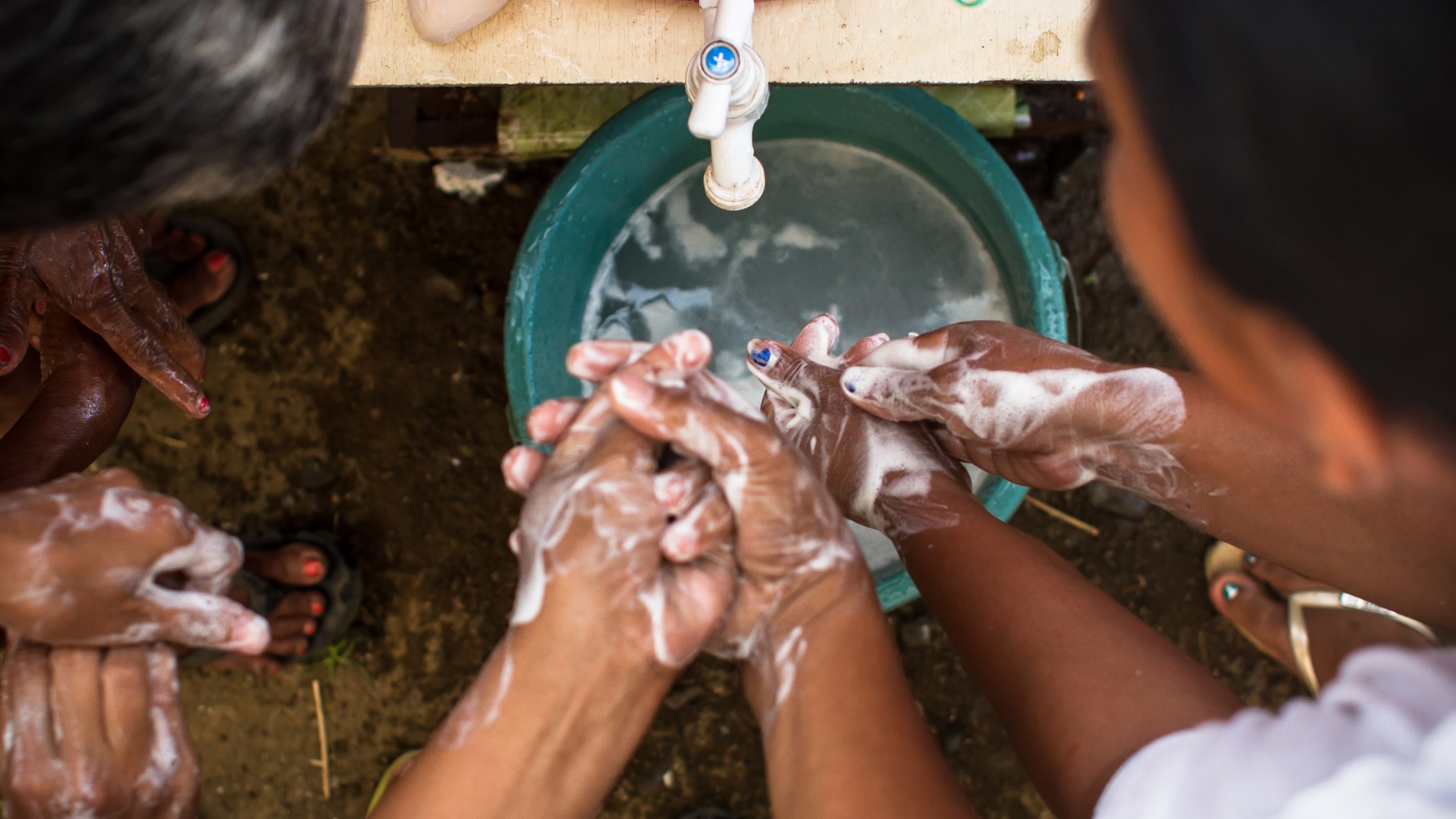
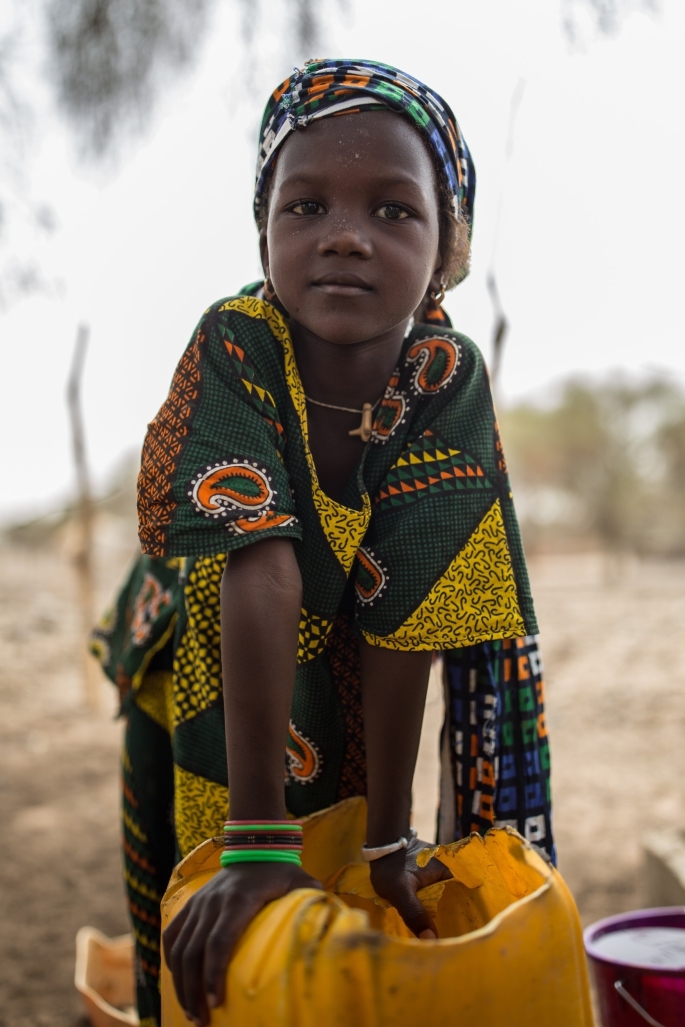
We can’t fight hunger without tackling the waterborne diseases that contribute to it. Every day, more than 700 children die from illnesses caused by dirty water and unhygienic living conditions.
Without clean water, illnesses like diarrhea, parasites, and chronic intestinal inflammation are common. They can prevent children from absorbing key nutrients and make them more susceptible to malnutrition and other health issues.
Conflict and climate change contribute to the scarcity of clean water in many parts of the world. Droughts are becoming more frequent and severe. Flooding destroys and contaminates water sources. War and insecurity make it more difficult for farmers to get to their fields and for food to reach markets.
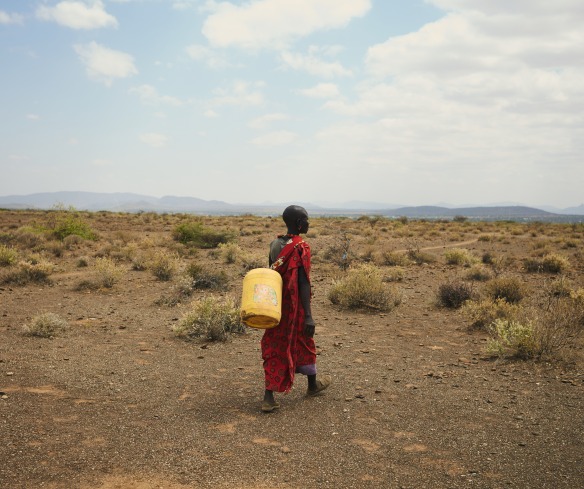
People Lack Access to Clean Water
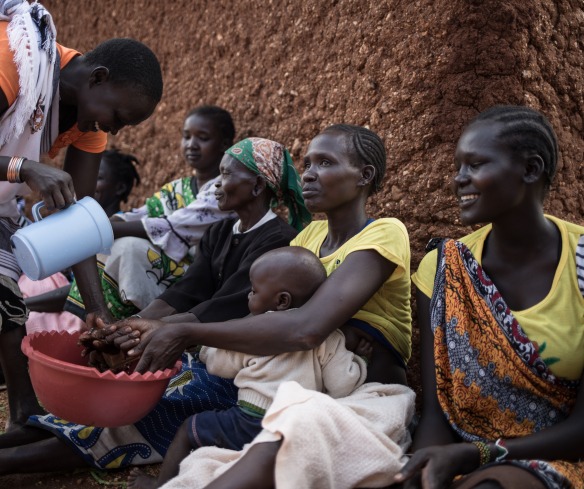
People Cannot Access Safe Sanitation
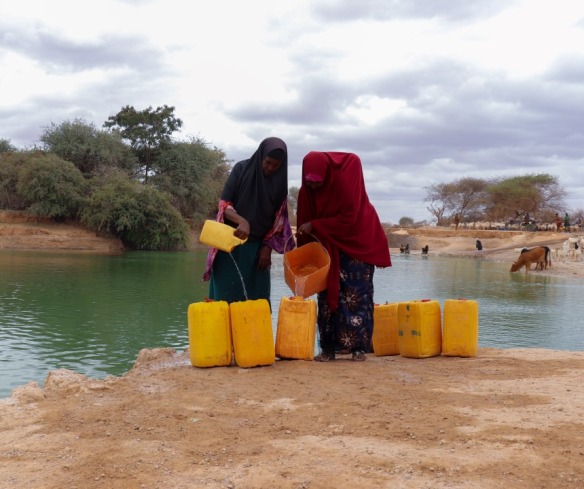
Of Families Make Women and Girls Responsible for Fetching All Water
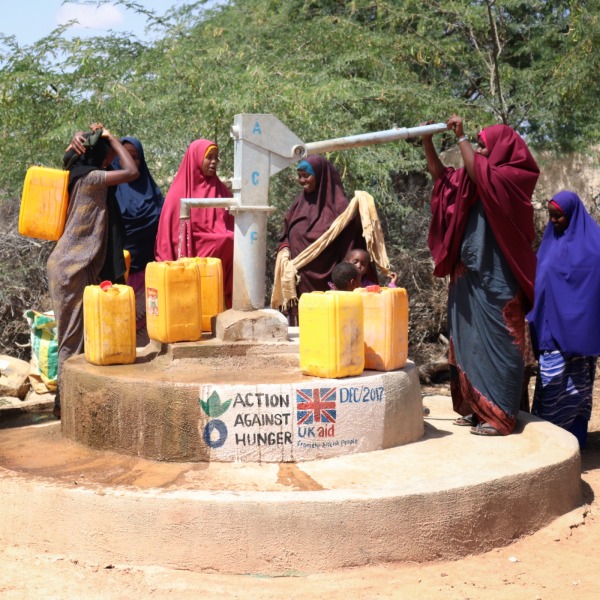
When clean water and safe sanitation is guaranteed, communities are healthier, better nourished, and more resilient.

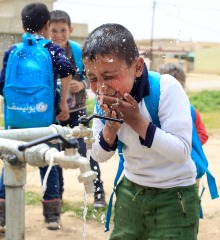
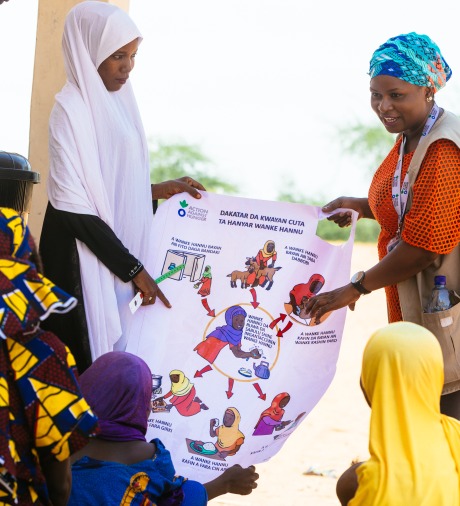
To prevent disease outbreaks, our teams distribute hygiene kits and build latrines and handwashing stations in communities, schools, and health centers. We install water filters and teach healthy practices like handwashing, cooking with clean utensils, and drawing water from safe sources – even in the hardest-to-reach places like Paguir, South Sudan.
Where water is scarce or unsafe, we drill new wells and decontaminate unsafe ones, install hand-pumps, protect natural springs, tap aquifers, rehabilitate damaged infrastructure, and pipe water into hard-to-reach villages and health centers. We also introduce innovative solutions, such as solar-powered irrigation systems. In emergencies, we truck water into communities and install storage tanks and reservoirs.
Partnering with community members is necessary for sustainable change. We train water committees, made up of elected community members, to independently manage water and sanitation infrastructure. We also organize local health teams to model good sanitation and hygiene practices for their communities long after a new well is built.
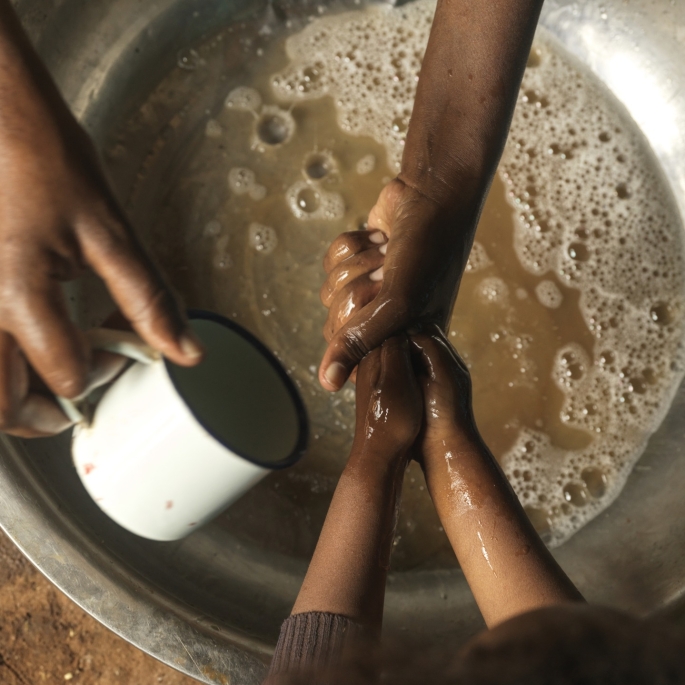
To stop outbreaks of diseases like cholera, handwashing and good hygiene are key. Simone, a girl in Hamsuit, Ethiopia – where Action Against Hunger is improving access to clean water, safe sanitation, and good hygiene – explains how it’s done.
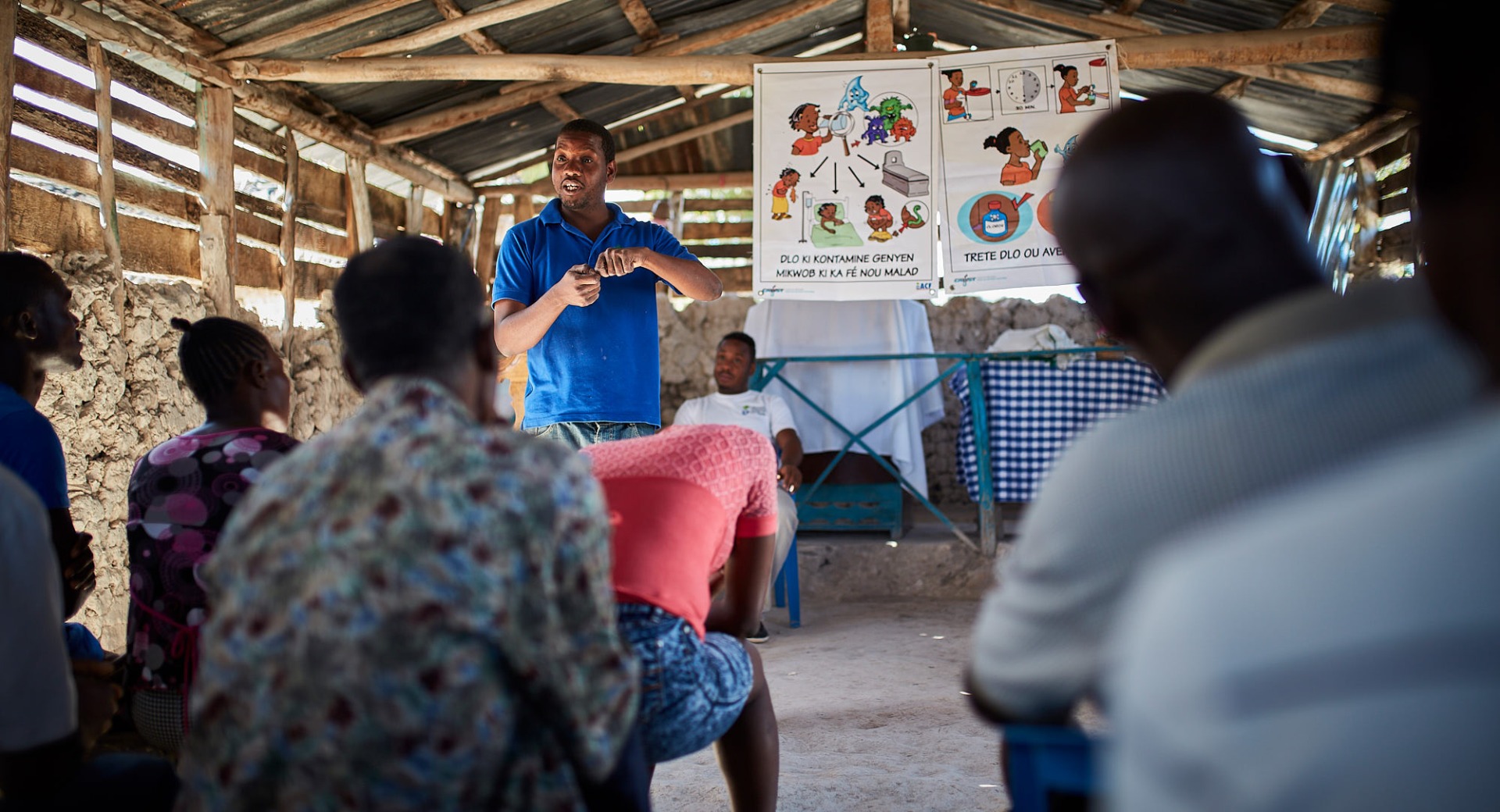
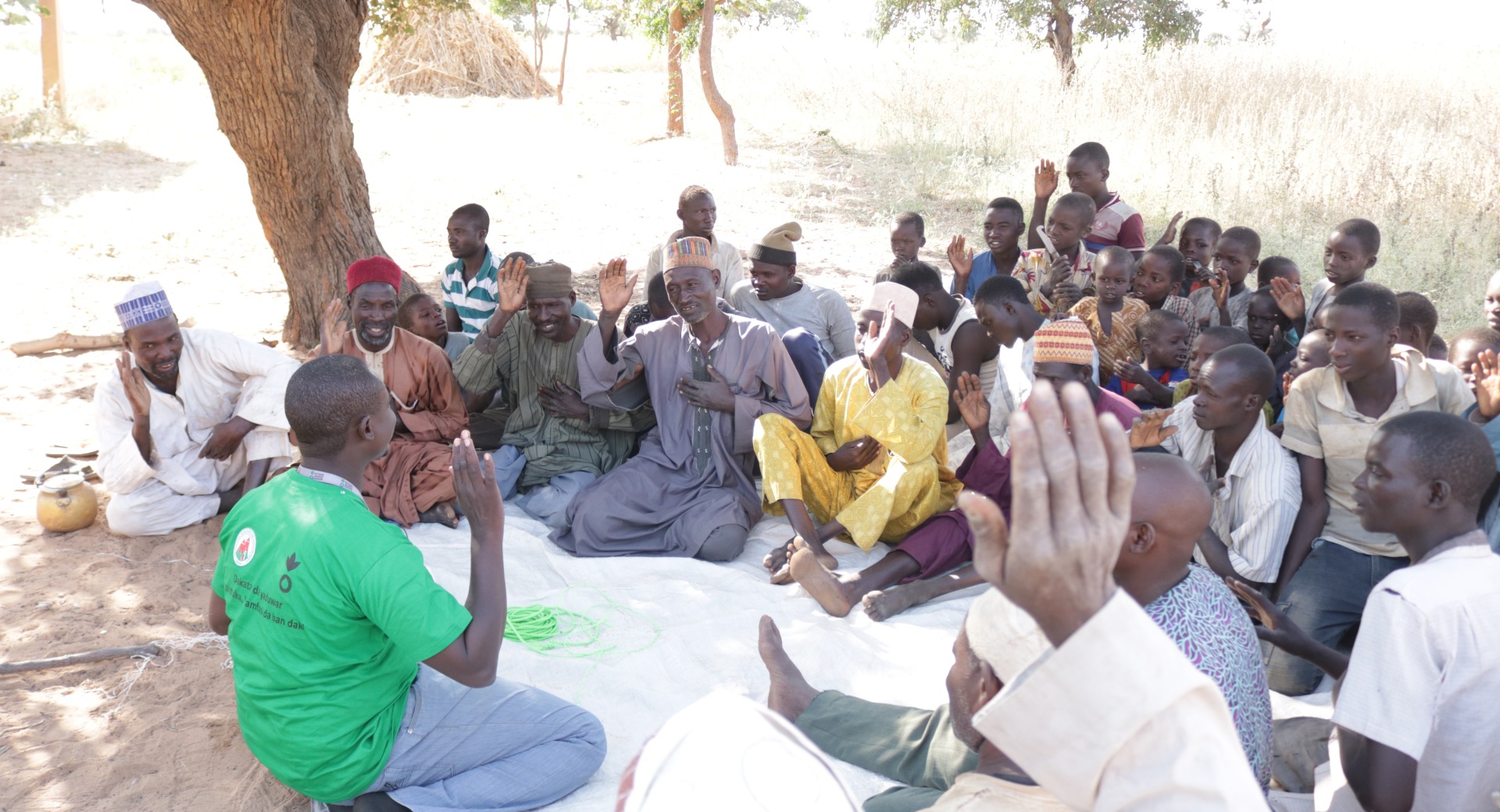
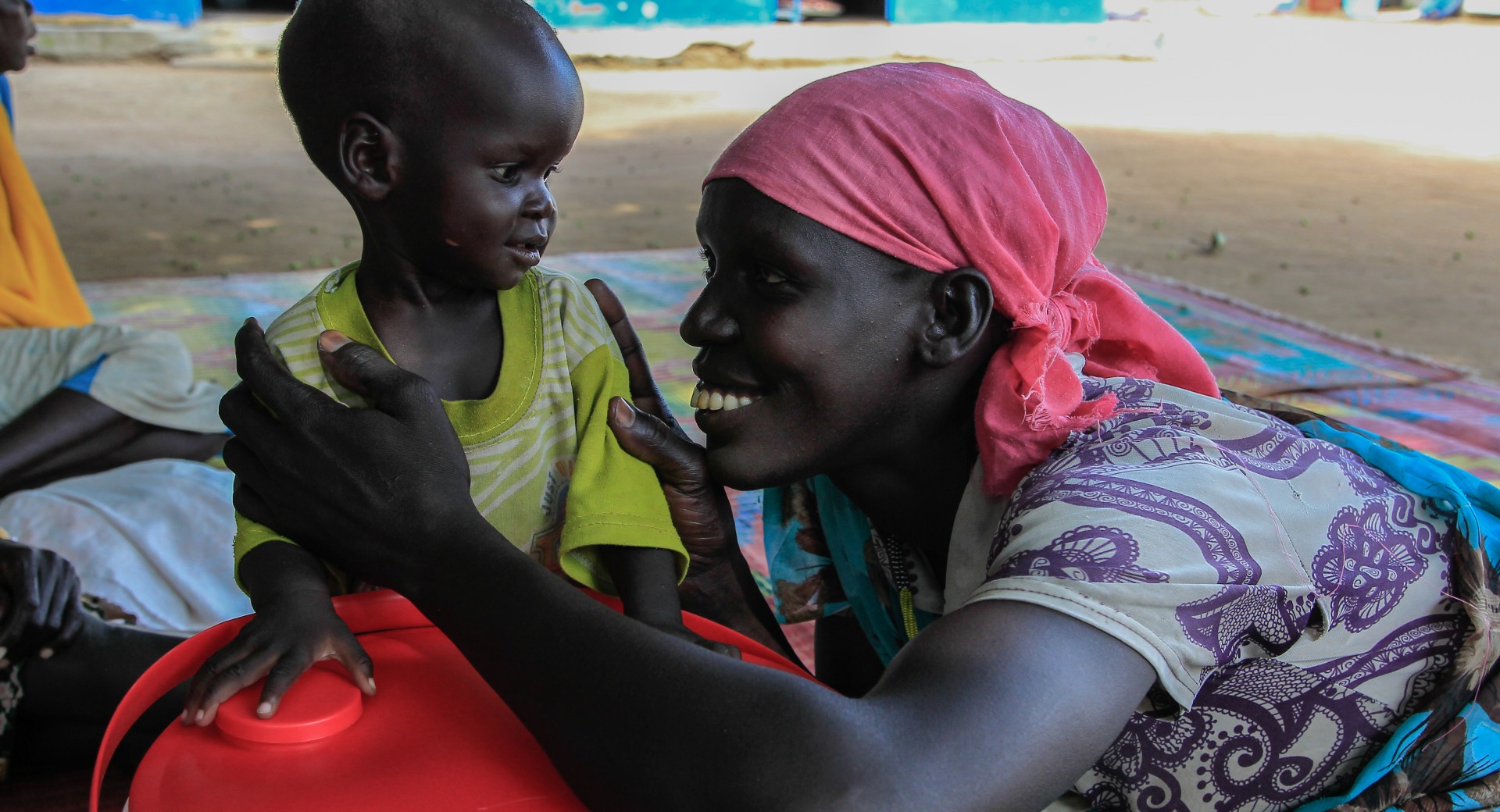
Action Against Hunger has been a leader in eradicating cholera in Haiti.
Our teams work with men's and women's groups to promote healthy hygiene practices. In Nigeria, we're encouraging men to take an active role in promoting "tippy taps": simple handwashing stations used in many rural areas.
When Achoc brought her malnourished daughter to Action Against Hunger for treatment, she left with a healthier child & with information about nutrition, clean water, and good hygiene. It inspired her to make big changes - she even built a latrine for her home.
We take decisive action against the causes and effects of hunger.
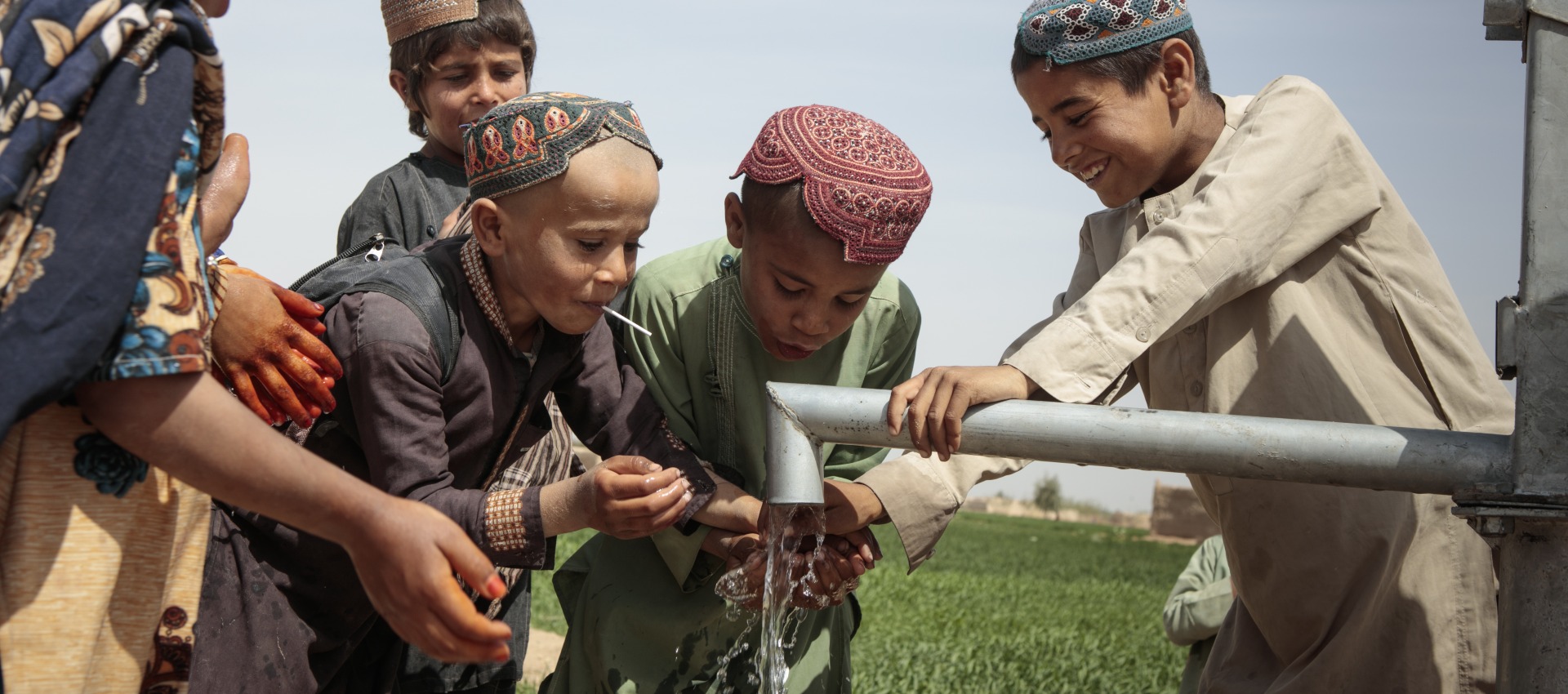
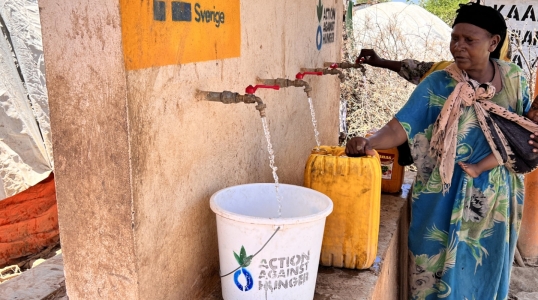
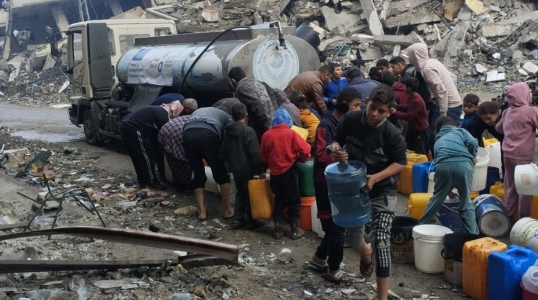
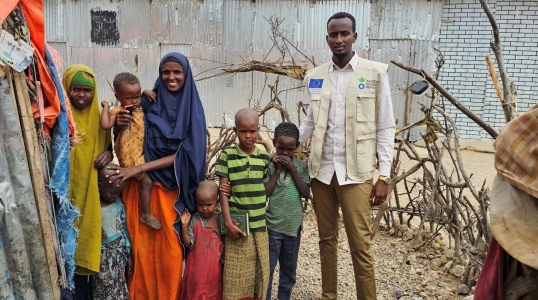
Join our community of supporters passionate about ending world hunger.